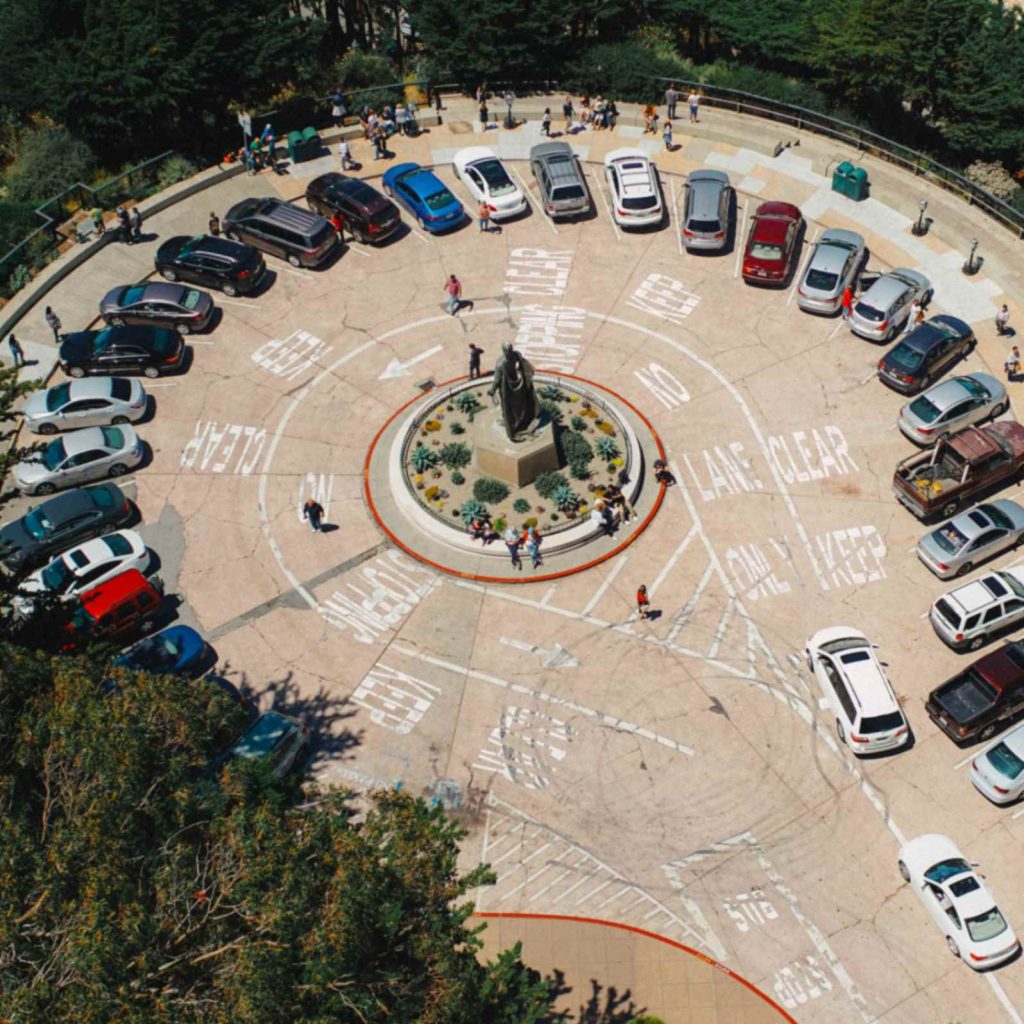The car parking business has evolved from simple roadside spaces to complex, technologically advanced facilities designed to accommodate the growing number of vehicles in urban and suburban areas. As the global population continues to urbanize and car ownership increases, the demand for efficient and secure parking solutions has surged. This article explores the multifaceted nature of the car parking industry, examining its various models, technological advancements, economic impact, and future trends.
Historical Context
The concept of car parking dates back to the early 20th century when automobiles began to populate the streets of major cities. Initially, parking was informal, with vehicles left along streets and open lots. As car ownership grew, the need for organized parking became apparent. The first multi-story parking garage was built in 1918 in Chicago, marking the beginning of structured parking facilities.
Types of Car Parking Facilities
On-Street Parking:
This is the most common form of parking where vehicles are parked along the sides of streets. Managed by municipalities, on-street parking often includes metered spaces to regulate usage and generate revenue.
Off-Street Parking: These facilities include parking lots and garages, offering a more organized solution for parking. They can be privately or publicly owned and operated, providing short-term and long-term parking options.
Surface Parking Lots:
Typically found in suburban areas, these are large, open spaces that accommodate many vehicles. They are cost-effective but can lead to inefficient land use in urban areas.
Multi-Story Parking Garages:
These structures maximize space by stacking vehicles vertically. They are common in densely populated urban areas where land is scarce and expensive.
Automated Parking Systems: Utilizing robotics and advanced technology, these systems offer a high-tech solution to parking. They can fit more cars into a smaller space by automating the parking and retrieval process.
Economic Impact:
The car parking industry plays a significant role in the urban economy. It generates substantial revenue through parking fees, fines, and permits. Additionally, parking facilities contribute to the value of surrounding real estate by providing essential services to businesses and residential areas.
Revenue Generation:
Parking fees and fines are a significant source of income for municipalities. Privately owned parking facilities also generate considerable revenue, particularly in high-demand areas.
Employment Opportunities:
The industry provides numerous jobs, from parking attendants and enforcement officers to engineers and construction workers involved in building and maintaining parking structures.
Real Estate Value:
Proximity to parking can significantly increase the value of commercial and residential properties. Businesses benefit from accessible parking, attracting more customers and employees.
Technological Advancements:
Technology has revolutionized the car parking industry, introducing innovative solutions that enhance efficiency, security, and user experience.
Smart Parking Systems:
These systems use sensors, cameras, and IoT devices to monitor parking space availability in real-time. Drivers can use mobile apps to find and reserve spots, reducing the time spent searching for parking.
Mobile Payment Solutions:
Mobile apps and digital payment platforms have simplified the process of paying for parking. Users can pay with their smartphones, receive notifications, and even extend their parking time remotely.
License Plate Recognition (LPR):
LPR technology improves security and efficiency by automating entry and exit processes. It also helps in enforcing parking regulations and managing parking permits.
Automated Parking Systems (APS): APS technology enables the stacking and retrieval of cars using robotic systems. This maximizes space utilization and enhances the security of parked vehicles.
Electric Vehicle (EV) Charging Stations:
As electric vehicles become more popular, parking facilities are increasingly incorporating EV charging stations, offering a valuable service to environmentally conscious drivers.
Challenges in the Car Parking Industry
Despite its growth and technological advancements, the car parking industry faces several challenges.
Urban Congestion: The increasing number of vehicles in urban areas leads to traffic congestion and a higher demand for parking spaces. Managing this demand while maintaining efficient traffic flow is a significant challenge.
Environmental Impact:
Surface parking lots contribute to urban heat islands and reduce green spaces. The industry must find sustainable solutions to mitigate these environmental impacts.
Regulation and Compliance:
Parking operators must navigate complex regulations related to zoning, safety, and accessibility. Compliance with these regulations can be costly and time-consuming.
Technological Integration:
While technology offers many benefits, integrating new systems with existing infrastructure can be challenging. Ensuring compatibility and security of data is crucial.
Economic Fluctuations:
The demand for parking can be influenced by economic conditions. During economic downturns, fewer people may travel by car, reducing the need for parking spaces.
Future Trends
The car parking industry is poised for significant changes in the coming years, driven by technological advancements, changing urban dynamics, and evolving consumer preferences.
Sustainability Initiatives:
The industry is increasingly focusing on sustainable practices, such as green parking structures with solar panels, rainwater harvesting, and green roofs. Electric vehicle charging infrastructure will also become more prevalent.
Shared Mobility:
The rise of shared mobility services, such as car-sharing and ride-hailing, is changing the demand for parking. Parking facilities may need to adapt by offering designated spaces for shared vehicles and integrating with mobility hubs.
Autonomous Vehicles:
The advent of autonomous vehicles (AVs) will have a profound impact on the car parking industry. AVs can drop passengers off and park themselves in remote locations, reducing the need for prime parking spaces in urban centers.
Smart Cities:
As cities become smarter, parking will be integrated into broader urban mobility solutions. Real-time data on parking availability, traffic flow, and public transportation will create a seamless travel experience.
Flexible Parking Solutions:
The industry will move towards more flexible parking solutions, such as dynamic pricing based on demand and multi-use spaces that can serve different purposes at different times of the day.
Conclusion
The car parking business is a dynamic and essential component of urban infrastructure. It has evolved significantly over the past century, driven by technological innovations and changing societal needs. As the industry faces challenges related to urbanization, environmental sustainability, and technological integration, it also has the opportunity to shape the future of urban mobility. By embracing new technologies and sustainable practices, the car parking industry can continue to provide valuable services to cities and their inhabitants, ensuring efficient and accessible parking for the years to come.


















